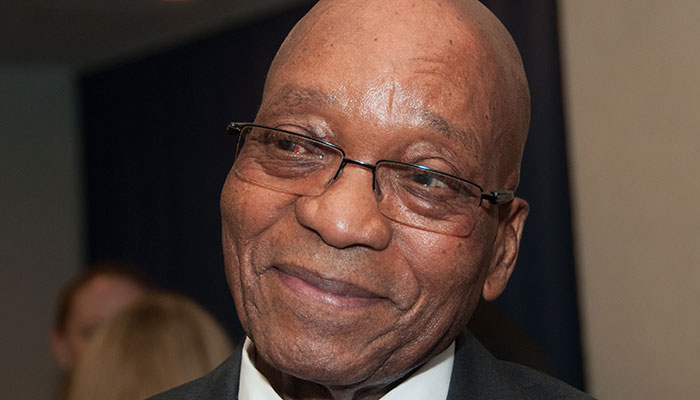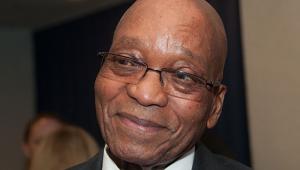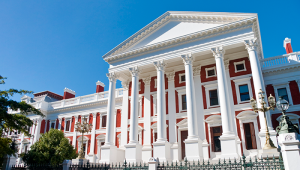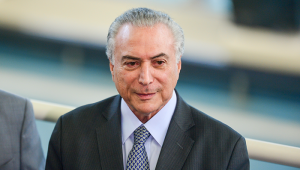web_jacobzuma_shutterstock_209414842.jpg

Former South African president Jacob Zuma, Image© Shutterstock
The first judicial report into corruption in the country, said that Zuma presided over “a scarcely believable picture of rampant corruption” during his nine-year tenure as president, which ended in 2018.
Zuma’s close relationship with the Gupta family, which owned prominent businesses in the nation, led to officials being removed to enable public funds to go their businesses, according to the inquiry.
It found that the extent of the family’s sway led to the removal of Themba Maseko as chief executive of the Government Communication Information System, to enable the transfer of funding to a newspaper owned by the Gupta’s.
The report said: “The influence they [Gupta family] exerted over former president Zuma was considerable.
“They managed to ensure that a well-performing and principled public servant was removed at lightning speed when he refused to accede to their demands to divert millions of Rands of public money to enrich their media business.”
The inquiry found the Gupta family employed “a calculated strategy ... to appropriate public funds from state-owned enterprises”.
The report said that Zuma replaced Maseko “with a facilitator”, in Mzwanele Manyi, who spent millions of rand on contracts to TNA, a newspaper owned by the Guptas, without credible information on readership or circulation.
The Gupta's influence recruitment of people who would ensure that millions of rands were given from state-owned enterprises to TNA “despite there being no discernible value for the entities or government departments”.
The first instalment of the inquiry focused on alleged corruption involving state airline South African Airways, a media company controlled by the Guptas and the national revenue service.
It added that the South African Revenue System was systemically and deliberately weakened, chiefly through strategic dismissals and appointments and a “pervasive culture of fear and bullying”.
The report said: “The SARS evidence is a clear example of how the private sector colluded with the executive, including president Zuma, to capture an institution that was highly regarded internationally and render it ineffective.”
Elsewhere, the report said the airline declined into “an entity racked by corruption and fraud”, with Dudu Myeni, a close friend of Zuma’s chairing the company without the relevant qualifications.
Under Myeni’s leadership governance procedures at SAA were dismantled creating a climate of fear and intimidation, she also made a series of operational choices at the airline that saw it “ decline into a shambolic state” the inquiry said.
These choices included the chair attempting to finance 10 planes for airline manufacturer Airbus herself, which led to delays in the procurement process, costing SAA R800m (£37.7m) in pre-delivery payments, the inquiry added.
In June, Zuma was sentenced to 15 months in prison after failing to attend the inquiry, fearing “significant damage to the rule of law” if he was not punished.
Following his arrest, violent protests broke out, leaving more than 330 people dead and damage to businesses and supply chains.













